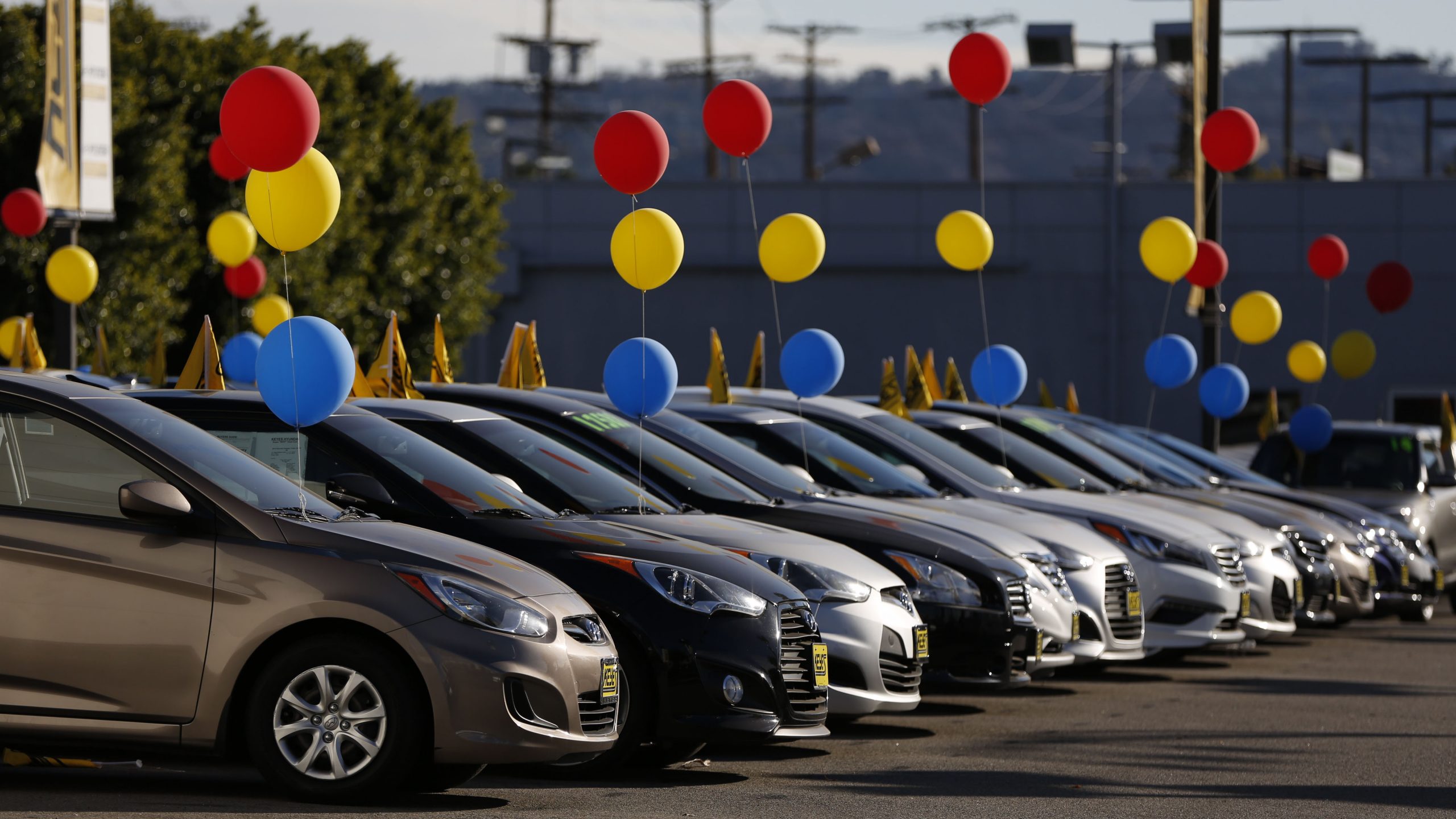

Cases of the novel coronavirus have been on the rise in Florida with more than 12,000 new cases being reported per day. In Texas, there are nearly 150,000 active cases as of July 20th. Yet, franchised car dealerships are reporting nearly normal traffic levels and sales, according to a story in The Detroit News.
Rather than declining traffic, the cause of concern for dealers in some of America’s highest-volume markets is from low inventory levels among popular models.
- Carroll Smith of Monument Chevrolet in Pasadena, TX, said to The Detroit News, “Normally 90% of my sales are trucks. The challenge, especially for us as a GM dealer, is we had the plant shutdowns coming off the strike. It’s hard to know what volumes would be if we had more inventory.”
Alan Brown of Sam Pack’s Five Star Chevrolet in Carrollton echoes the sentiment. Rather than the typical 60 to 70 trucks on the lot, he’s down to 11. “Definitely, being in Texas, our truck inventory is down. But I’m also out of Camaros. I’m low on a lot of things. It seems like everybody is going through it. We also own a Ford store and a Subaru store, and they’re having problems, too.”
Dealers Moving Metal

Autotrader hasn’t seen major sales disruptions in the commonly high-volume states like Florida and Texas because those states haven’t been completely locked down like some others were. And even those who are wary of going into the dealership are still actively car shopping.
Senior analyst for Autotrader Michelle Krebs says, “Dealers now have figured out ways to accommodate consumers who are nervous about coming into the dealership — like online buying and vehicle pickup and delivery.”
LotLinx data for the Miami/Fort Lauderdale are also showed positive results. The week of June 29 to July 5 saw a year-over-year increase of nearly 8,000 units, or 3.2 percent.
Manufacturing Plants Online But Cautious
Most, if not all, car assembly plants in the United States have resumed production after an eight-week shutdown. And despite the sales slowdown and shelter-in-place orders, sales exceeded expectations and cut into on-hand inventory.
GM’s spokesperson, Jim Cain, recognized the issue and spoke to how the carmaker is working to get back on track. “GM gained considerable retail market share in full-size pickups in the second quarter and the first half of 2020. But strong sales combined with no production for several weeks left many dealers with lean inventories. The good news is the situation is improving. Since we began operating our truck plants at full capacity, the number of in-transit units has climbed sharply and grounded stock is beginning to grow.”
It’s a delicate situation, though, as safety and social distancing practices are the only ways to prevent outbreaks among the workers in plants. Governor Gretchen Whitmer strongly chastised Michigan residents this week to obey the order to wear masks or auto factories may be forced to close once again.
At this juncture, dealers may be waiting for inventory to arrive in the coming weeks. Alan Brown’s truck inventory, for example is down to 61 units instead of his usual 280 or so. What may be necessary to bridge the gap is to take deposits on incoming units. Alternatively, special orders could be used, an available practice that hasn’t been common for quite some time.
Dealers will need to be creative to maintain the positive sales trends in spite of dwindling inventory on the ground, whether that means pre-selling new incoming units or switching to pre-owned.
Did you enjoy this article from Jason Unrau? Read other articles from him here.


While you’re here, don’t forget to subscribe to our email newsletter for all the latest auto industry news from CBT News.







